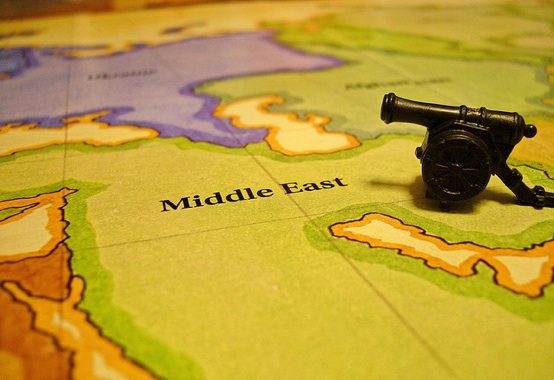Our Warped Understanding of ‘Leadership’ and the Middle East

Zogby conducted a survey of public opinion in several Middle Eastern countries, and this was one of its findings:
Despite frequently heard complaints about the lack of US leadership in the region, that issue places last in the list of obstacles cited by respondents.
We often hear from hawks that the U.S. is in “retreat” and that it is not as involved in this region as the people there want it to be, but as far as public opinion is concerned there is no truth to this. No matter the country of origin, almost no respondents cited “too little U.S. leadership” as the greatest obstacle to peace and stability in the region, and hardly any cited it as the second greatest obstacle. In most of the countries surveyed, “too much U.S. interference” is viewed as the first or second greatest obstacle. There is simply no evidence that there is popular dissatisfaction with a lack of U.S. “leadership,” nor is there proof of broad support in any of these countries for greater U.S. involvement in the region.
So why are we repeatedly told that this is a region “desperate” for American “leadership”? In short, because this is what advocates of deeper U.S. involvement in the region want us to believe so that increased interference can be spun as answering a plea for help. I remarked on this in a post from earlier in the fall:
If the next president increases U.S. involvement in the region’s wars…that will be a bad choice that much of the foreign policy establishment has been actively demanding for the last several years. It won’t happen because the people of the region are demanding it (and I suspect most of the people there don’t want it to happen), but because our policymakers and politicians are obsessed with a warped understanding of U.S. “leadership” and insist on “leading” by getting the U.S. into one war after another.
No impartial observer could review the disastrous record of U.S. involvement in this part of the world over just the last fifteen years and still expect to hear people living there clamoring for more. Indeed, they aren’t doing anything of the sort, and the next time you hear someone claim otherwise you can be certain that you are being misled in order to advance a policy of unwanted interference in the affairs of the region.